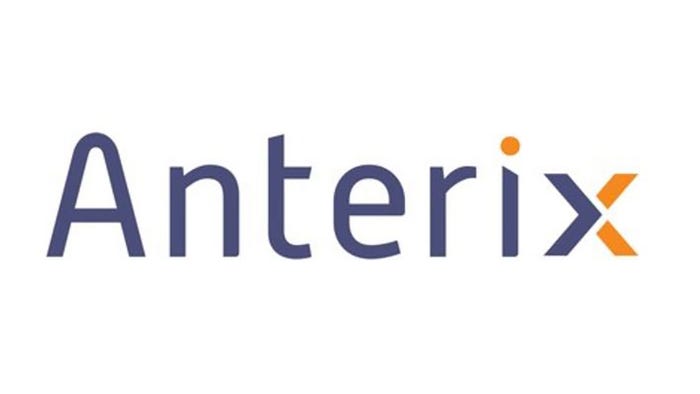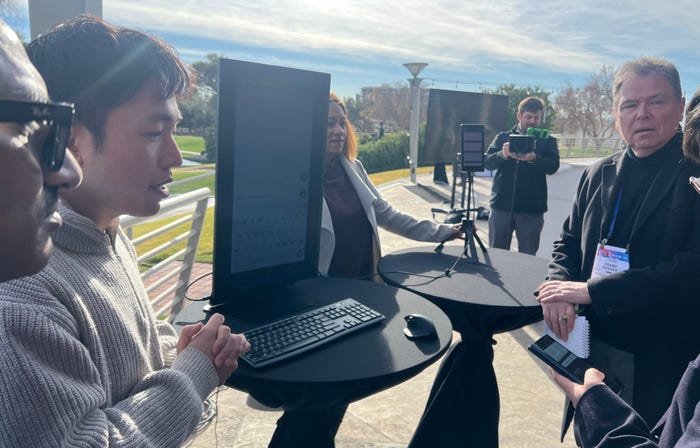Motorola Solutions awarded $764 million in trade-secret theft case against HyteraMotorola Solutions awarded $764 million in trade-secret theft case against Hytera
.jpg?width=1280&auto=webp&quality=95&format=jpg&disable=upscale)
A federal jury in Illinois today ruled unanimously that Hytera Communications stole land-mobile-radio (LMR) trade secrets and infringed upon copyrights owned by Motorola Solutions, awarding $764.6 million in damages to the Chicago-based, LMR-industry giant.
Originally filed in March 2017, the trade-secret theft lawsuit was part of Motorola Solutions’ multi-pronged legal attack against Hytera, which included claims before the U.S. International Trade Commission (ITC) and a separate patent-infringement litigation. In July 2018, Motorola Solutions added a copyright-infringement complaint to the trade-secret theft lawsuit, alleging that Hytera unlawfully copied Motorola Solutions’ source code into Hytera products.
In an 8-0 vote, the Northern District of Illinois jury today concluded the three-month trial by deciding in favor of Motorola Solutions, awarding the company $418.8 million in punitive damages and $345.8 million in compensatory damages, for a total of $764.6 million.
“Today’s verdict is a tremendous victory for our company,” Motorola Solutions Chairman and CEO Greg Brown said in a prepared statement.
“Motorola Solutions has always invested significantly in research and development to bring pioneering and beneficial technology to our customers around the world. In contrast, Hytera was simply profiting off of the hard work and innovation of our world-class engineers. The jury’s verdict validates our global litigation against Hytera by definitively affirming that stealing trade secrets and source code will not be tolerated.”
Hytera is considering its options to appeal the jury’s decision.
“Hytera is disappointed by the jury verdict in this case,” a Hytera spokesperson wrote in a statement provided to IWCE’s Urgent Communications. “Hytera respectfully disagrees with the jury and is currently considering pursuit of all appeal options.”
Brandon Brown, a lawyer with the Kirkland and Ellis law firm representing Motorola Solutions in the case, said the damages award by the jury were the full amount sought by Motorola Solutions in its closing argument. The compensatory damages figure “was essentially all of Hytera’s profits for its DMR radios throughout the world, which was about $345 million,” Brown said.
To add further perspective to the damages figures, research firm IHS Markit—like IWCE’s Urgent Communications, part of Informa Tech—projects the total North American market for all conventional DMR, dPMR, NXDN, and PDT devices will reach $181 million in 2020.
The punitive damages awarded were the maximum allowed by Judge Charles Norgle, Brown said.
“Punitive damages are what the jury can award in extraordinary circumstances,” he said. “You have to find that the losing party acted willfully and maliciously in violation of Motorola Solutions’ intellectual-property rights—and did it in a way that was truly intentional.
“When you look through [Hytera’s] e-mails, you see these documents, you look at the testimony, and you see how they behaved during the litigation, it’s just immensely dishonest, immensely malicious. Really, their plan was to do this from the beginning and conceal it from Motorola Solutions for a decade.”
Motorola Solutions now will move to prevent Hytera from selling the DMR products impacted by the ruling worldwide, Brown said.
“We informed the judge that, based on the jury’s verdict, we are moving to a temporary restraining order to stop all of Hytera’s sales—both in the United States and across the world—of products that include Motorola Solutions’ trade secrets and copyrighted source code,” Brown said.
“He [Judge Norgle] has accepted that. We will file a motion in the next couple of days, and he set a hearing for next Friday to address it.”
If Norgle grants the temporary restraining order, it would be effective for 14 days, as Motorola Solutions and Hytera would argue for the terms of a more permanent injunction, Brown said. Motorola Solutions will seek an injunction stipulating that there would be “no marketing, sales or use of anything [by Hytera] involving any of Motorola Solutions’ trade secrets or copyrighted source code. So, it would stop sales of Hytera’s mid-tier and high-end DMR products across the world.”
The affected products include the i-Series portfolio that Hytera developed in response to a patent ruling by the U.S. International Trade Commission, according to Brown.
“That is definitely part of this case,” Brown said. “That source code was shown to the jury, and the jury found that it uses Motorola Solutions’ trade secrets and copyrighted [software code]. So, the i-Series was found to be [a product developed in conjunction with] stealing Motorola Solutions’ trade secrets.”
A Hytera spokesperson confirmed to IWCE’s Urgent Communications that “a subset” of Hytera DMR i-Series products are relevant to this case.
After the U.S. International Trade Commission (ITC) issued its ruling, Hytera was able to continue doing business, in large part based on the notion that its i-Series portfolio used software that did not infringe on Motorola Solutions patents at issue in the trade case; existing customers did not have to replace hardware. But Brown said that he believes Hytera’s remedies to a potential injunction would be significantly more limiting.
“This will be a much broader injunction than what happened at the International Trade Commission,” Brown said. Instead of being on a limited, patented scope—like this particular technology or that particular technology—the jury found that Hytera stole all of Motorola Solutions’ trade secrets and used it as a playbook to design their current products.
“Every piece of source code that Hytera showed during the trial included some aspect of Motorola Solutions source code in it. Their products are completely contaminated … Essentially, they have destroy all of their source code and start over again, because they continued to use Motorola Solutions’ documents and source code throughout their development history.”
Exactly what impact this verdict will have on Hytera’s future is unknown, but there was little dispute about the primary facts surrounding the trade-secrets theft case.
In July 2018, ITC Administrative Law Judge MaryJoan McNamara found that Hytera “unquestionably copied certain of Motorola [Solutions’] patented technologies.” This effort was made easier, because three former Motorola employees—Samuel Chia, Y.T. Kok and G.S. Kok—accessed more than 7,000 Motorola documents prior to each of them leaving and joining Hytera shortly after in 2008, according to McNamara’s determination. All three men declined to testify in the ITC cases, invoking their Fifth Amendment rights against self-incrimination.
Since the ITC case was heard, the number of Hytera employees and the number of documents involved in the case have increased, according to numerous sources.
Hytera does not dispute that the Motorola Solutions documents were copied and brought to Hytera, but the China-based company previously contended that its use of Motorola Solutions intellectual property in developing DMR product is not as significant as claimed by Motorola Solutions. Hytera also claimed that the statute of limitations for Motorola Solutions to make a claim had passed, but Judge Norgle dismissed that argument last year.





